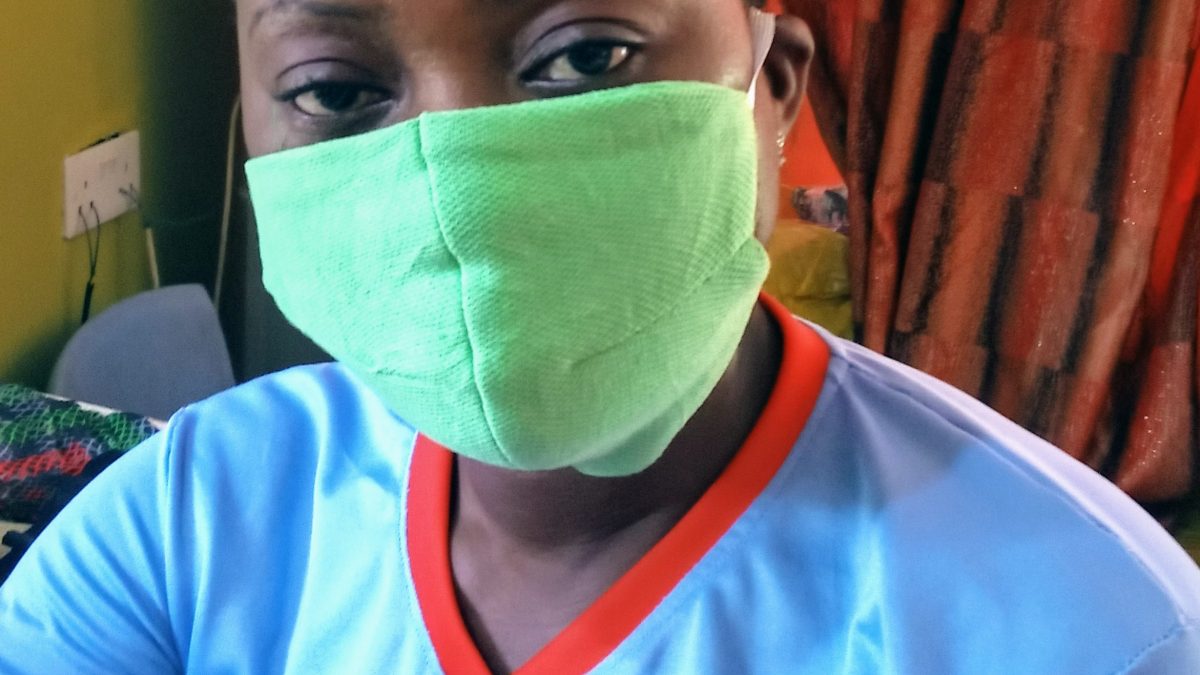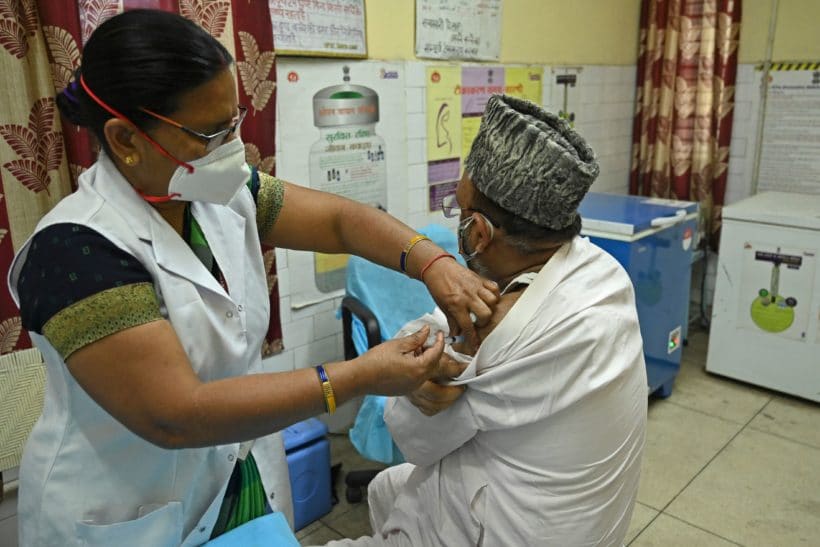
Catholic Church Donates ALL Its 425 Hospitals in Nigeria As COVID-19 Isolation Centres
May 12, 2020
Not All Sanitisers In Circulation Are Up To Standard – Health Minister
May 20, 2020Side Effects of Face Masks

Face masks became a part of a person’s daily wardrobe when the lockdown began in March of this year up to the present.
The time of continued use varies for each individual. Some use it while shopping for groceries, while others need to wear it at their place of employment — especially those working in clinics and hospitals.
Most scientific articles and guidelines in the context of the covid-19 pandemic highlight two potential side effects of wearing surgical face masks in the public, but we believe that there are other ones that are worth considering before any global public health policy is implemented involving billions of people.
The two potential side effects that have already been acknowledged are:
(1) Wearing a face mask may give a false sense of security and make people adopt a reduction in compliance with other infection control measures, including social distancing and hands washing.
(2) Inappropriate use of face mask: people must not touch their masks, must change their single-use masks frequently or wash them regularly, dispose them correctly and adopt other management measures, otherwise their risks and those of others may increase.
Other potential side effects that we must consider are:
(3) The quality and the volume of speech between two people wearing masks is considerably compromised and they may unconsciously come closer. While one may be trained to counteract side effect n.1, this side effect may be more difficult to tackle.
(4) Wearing a face mask makes the exhaled air go into the eyes. This generates an uncomfortable feeling and an impulse to touch your eyes. If your hands are contaminated, you are infecting yourself.
(5) Face masks make breathing more difficult. For people with COPD, face masks are in fact intolerable to wear as they worsen their breathlessness. Moreover, a fraction of carbon dioxide previously exhaled is inhaled at each respiratory cycle. Those two phenomena increase breathing frequency and deepness, and hence they increase the amount of inhaled and exhaled air. This may worsen the burden of covid-19 if infected people wearing masks spread more contaminated air. This may also worsen the clinical condition of infected people if the enhanced breathing pushes the viral load down into their lungs.



